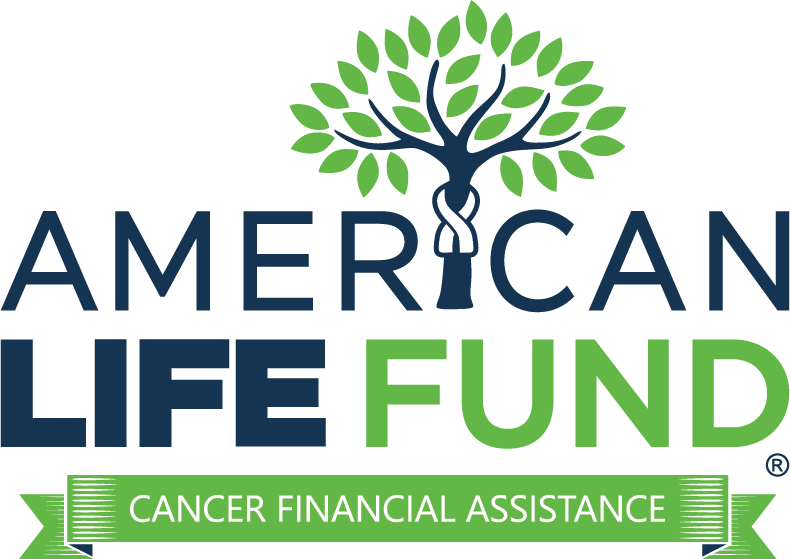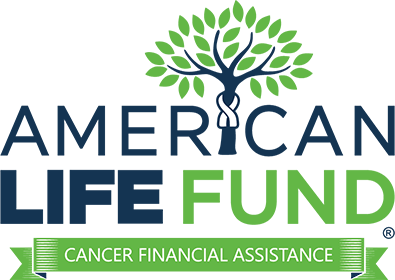A cancer diagnosis changes everything. Alongside the emotional and physical toll, cancer often brings a heavy financial burden that many patients and their families aren’t prepared for. From the cost of cancer treatment and prescription drugs to dealing with health insurance plans, managing finances during this time feels like an added stress no one should have to bear.
When medical expenses and lost income cause serious financial strain, this can lead to depression, skipped treatments, and even worse outcomes. And for many cancer patients, these financial challenges don’t end after active treatment. In fact, years past active treatment, survivors may still be facing medical bills, insurance issues, and limited financial assistance.
Whether you’re newly diagnosed or a young adult cancer survivor figuring out life after treatment, knowing your options can make all the difference.
Cancer Costs and Insurance: What to Know
One of the most difficult parts of managing cancer isn’t just the treatment itself, it’s figuring out how to pay for it. Cancer is one of the most expensive medical conditions in the United States, with costs including hospital stays, prescription drugs, lab tests, home care, over-the-counter medications, and more. The economic burden can be crushing, especially for those without strong health insurance coverage.
For many families, a cancer diagnosis means tapping into savings, missing work, or even going into debt. Financial toxicity, the stress caused by mounting medical expenses, can affect both mental and physical health, making it harder for patients to heal and focus on recovery.
That’s why understanding the financial situation of cancer care is so important. Talking openly with your health care team about treatment costs, insurance reimbursement, and out-of-pocket costs can help you prepare. Asking to speak with a social worker, case manager, or financial counselor at your hospital may provide additional resources or connect you with a financial assistance program.
How Insurance Affects Cancer Care
Health insurance plays a major role in how cancer patients access and afford care. The type of health insurance plan you have can directly impact everything from your choice of providers to how much you pay in out-of-pocket costs. Unfortunately, many patients don’t realize how complex these plans can be until after a cancer diagnosis.
It’s important to understand key terms like:
- Monthly premium – what you pay each month to keep your insurance active
- Copayment – a set amount you pay for specific services or prescriptions
- Deductible – the amount you pay before insurance starts covering costs
- Out-of-pocket maximum – the cap on how much you’ll pay in a year
Understanding these details can help you avoid surprise medical bills and better manage your finances during cancer treatment. Some insurance plans may not cover certain prescription drugs or therapies, and many require pre-approval or offer only partial coverage.
Where to Find Financial Help for Cancer
Cancer treatment can quickly become one of the most expensive medical conditions a person will ever face. Between hospital stays, prescription drugs, over-the-counter medications, and ongoing care needs, the financial burden can overwhelm even the most prepared families. That’s why it’s important to explore every available financial assistance program as early as possible.
Many patients qualify for government-based programs like:
- Medicare Savings Programs – which help reduce out-of-pocket costs for eligible individuals
- Extra Help – a program that lowers the cost of prescription drugs for people on Medicare
- The Health Insurance Premium Payment (HIPP) Program – available in some states to cover private insurance premiums
In addition, some hospitals and cancer centers offer their own patient assistance programs or payment plan options. A financial counselor or case manager on your health care team can often guide you toward these resources.
Dealing with Insurance Issues During Cancer
Even with insurance, cancer patients often face roadblocks when trying to access the care they need. From denied claims to confusing policy language, these insurance challenges can add unnecessary stress during an already difficult time.
If your insurance company denies coverage for a treatment, medication, or procedure, don’t give up. You have the right to file an appeal. Start with an internal appeal, asking your insurance provider to reconsider their decision. If that’s denied, you may be able to request an external review through an independent third party.
It’s also worth reviewing your health insurance plan to see if your doctors, hospitals, and treatments are considered in-network. Using out-of-network providers can significantly increase your out-of-pocket costs, leading to unexpected medical bills.
If you’re unsure where to begin, ask a financial counselor or social worker on your health care team for guidance. They can help you manage the paperwork and understand your options.
What Are Viatical Settlements – And How They Help
When you’re facing the financial challenges of cancer, traditional financial assistance programs may not be enough. That’s where viatical settlements come in, an option for cancer patients who need financial relief now.
A viatical settlement allows you to sell your existing life insurance policy for a lump sum cash payment. You can use this money however you need:
- Whether it’s for cancer treatment
- Living expenses
- Child care
- Home care
- Alternative treatment
- Take time off work or retire early
- Transportation
- Or simply to reduce stress during a difficult time
At American Life Fund, we specialize in helping cancer patients and their families access this support. Unlike loans or charity-based programs, a viatical settlement provides direct financial assistance with no repayment required. You don’t need perfect credit or income verification, your eligibility is based on your health condition and the details of your life insurance policy.
If you’re struggling to keep up with medical bills, prescription drugs, or out-of-pocket costs, a viatical settlement may be a way to ease the financial burden and focus on your health and family.
Simple Steps to Take Control of Cancer Costs
While managing cancer is never easy, taking small steps to stay on top of your finances can give you a greater sense of control. Start by reviewing your medical bills line by line. Mistakes happen more often than people think – duplicate charges, coding errors, or out-of-network fees that should have been covered. If something doesn’t look right, don’t hesitate to call your provider’s billing office.
Ask about payment plans or financial hardship programs, many hospitals and clinics offer reduced rates if you’re facing income loss or high out-of-pocket costs. You can also talk to your health care team about less expensive medication alternatives or ways to streamline your care without sacrificing quality.
Tracking all your expenses, even small ones like over-the-counter medications or transportation can help you see where your money is going and where you might be able to save. Keep everything in one place, and if needed, ask a trusted family member or caregiver to help you stay organized.
Support Is Out There
Cancer brings more than just medical challenges – it changes your routines, your relationships, and your financial stability. From navigating health insurance coverage to affording cancer treatment and daily care, the road can feel uncertain. But you don’t have to walk it alone.
There are ways to manage the financial burden. Asking the right questions, exploring available support programs, reviewing your bills, and staying informed can help you regain some control. And when traditional assistance isn’t enough, options like viatical settlements can make a meaningful difference.
At American Life Fund, we specialize in helping cancer patients turn their life insurance policies into a source of strength during an incredibly difficult time. If you’re feeling overwhelmed by medical bills or out-of-pocket costs, we’re here to listen and help you explore your options – with no pressure and no obligation.
To learn more, call us at 877-261-0632 or complete our quick and simple form to instantly see if you qualify.
You deserve support that fits your needs – not just as a patient, but as a person.





